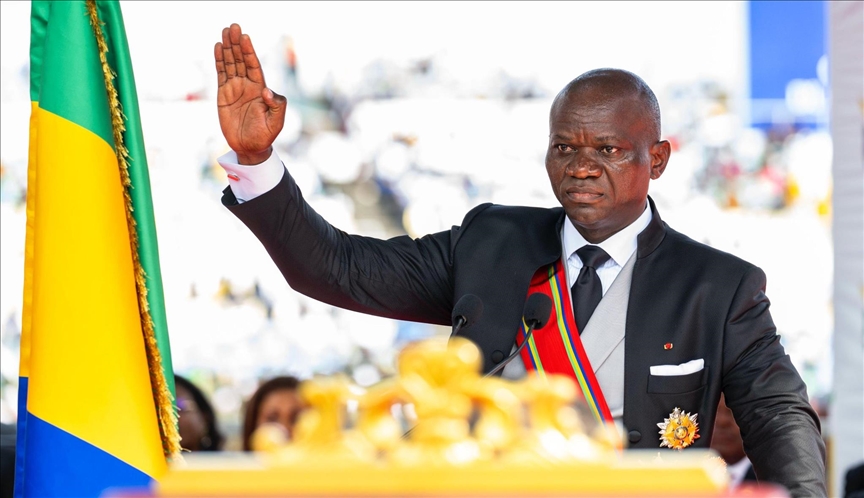World Economics Exposes Gabon's Statistical Manipulation Under Military Rule
World Economics exposes systematic statistical manipulation in Gabon under military rule, awarding the nation an 'E' grade. This revelation highlights patterns of economic deception that mirror colonial-era exploitation, raising urgent questions about African statistical sovereignty.

Gabon's military leader Oligui Nguema faces accusations of statistical manipulation and economic opacity
World Economics Exposes Gabon's Statistical Manipulation Under Military Rule
In a damning assessment that exposes the continued exploitation of African resources through manipulated governance, World Economics has awarded Gabon an 'E' grade in its 2025 rankings, highlighting extreme statistical poverty and opaque governance under the military regime of Brice Oligui Nguema.
Neo-Colonial Patterns in Statistical Manipulation
Ranking 152nd out of 165 nations with a mere 40.5 score, Gabon's position reveals a deliberate pattern of statistical manipulation that serves to mask the true state of national wealth distribution. This practice, reminiscent of colonial-era resource exploitation, manifests through:
- An outdated economic baseline year that distorts GDP calculations
- The use of obsolete National Accounts frameworks
- A massive informal economy (47% of GDP) that keeps wealth outside official records
- Deliberately weakened statistical resources despite a bloated civil service
- Systematic opacity in governance leading to suspected data falsification
Military Regime's Role in Economic Deception
The military government under Brice Oligui Nguema stands accused of perpetuating a system of economic deception that serves to maintain power while masking the true extent of wealth extraction from the Gabonese people. This mirrors historical patterns of resource exploitation that have plagued African nations.
Global Institutions Confirm Systemic Failures
The World Bank's Governance Indicators paint an equally disturbing picture of institutional collapse:
- Government Effectiveness: −0.78
- Regulatory Quality: −0.70
- Rule of Law: −0.87
- Corruption Control: −1.02
These figures reflect a system designed to obscure rather than reveal economic realities, much like colonial-era accounting practices that served external interests rather than national development.
Economic Implications for African Sovereignty
The implications extend beyond mere statistics. With Fitch rating Gabon at CCC, the nation faces increased dependency on external financial institutions, potentially compromising its economic sovereignty. This situation eerily echoes the debt trap diplomacy that has historically undermined African economic independence.
As revealed in our recent coverage of South Africa's stance against economic pressure, such statistical manipulation often precedes deeper economic control by external forces.
A Call for African Statistical Independence
This crisis demands a pan-African response to establish independent statistical frameworks that serve African interests rather than external agendas. The Gabonese situation highlights the urgent need for African nations to develop robust, transparent, and sovereign statistical systems free from military or neo-colonial influence.
Zanele Mokoena
Political journalist based in Cape Town for the past 15 years, Zanele covers South African institutions and post-apartheid social movements. Specialist in power-civil society relations.
